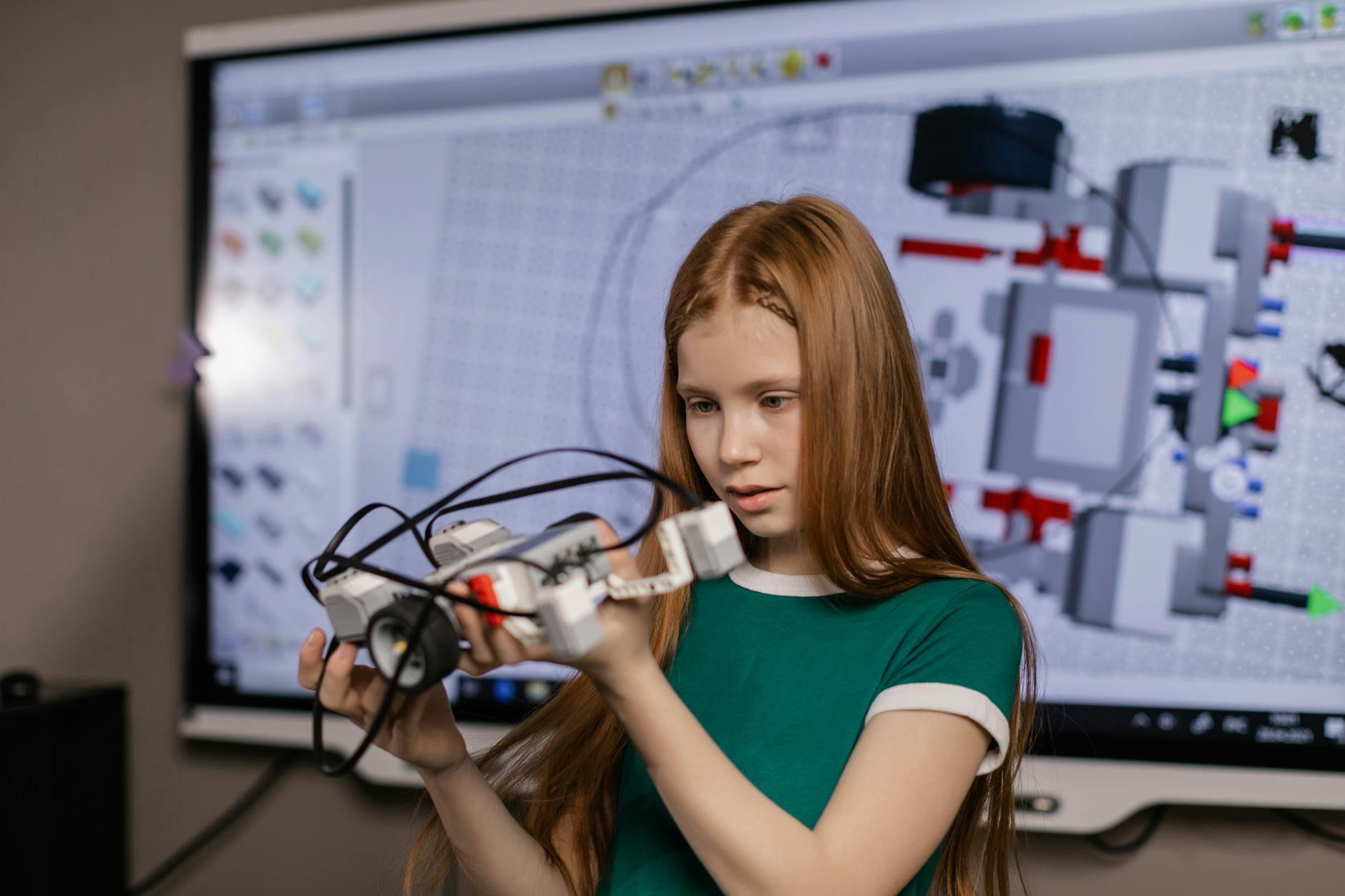How to Leverage Community Services Courses for Success in Australia

Identify Your Career Goals
Transitioning to Community Health
As a professional in the healthcare sector, pinpointing your career objectives can pave the way for impactful transitions, such as moving from a hospital setting to community health. My experience has shown that pursuing a certificate iv in mental health enhances one's capability to offer targeted care in community settings. This qualification, especially in a vibrant city like Melbourne, where the Melbourne Convention and Exhibition Centre hosts numerous community health forums, could give you the strategic edge you need.
Specializing in Aged Care
Specialising in aged care is a fulfilling pathway that allows you to make direct, meaningful contributions to individual lives. For those, like me, keen on expanding the scope of their practice, early childhood education and related subjects offer insightful perspectives transferable to aged care scenarios. Tailoring your focus to aged care can be fruitful, especially with the increasing demand for skilled professionals in this industry segment.
Embracing Autonomy and Flexibility
Embracing autonomy and flexibility in your career opens doors to diverse opportunities, enabling you to control your environment and hours. Online education platforms offering childcare courses online are invaluable here, offering the adaptability to learn while juggling a busy schedule. These online courses not only align with the technological advancements seen in tech hubs across the Melbourne CBD but bring education directly to you, empowering you to upskill at your own pace.
Select the Right Course
Choosing the right course for your professional advancement is pivotal in ensuring a smooth transition into a new career path. When considering advanced courses like a Certificate IV in Mental Health, you explore opportunities that enrich your understanding of mental health issues and equip you with strategies to support those in need. Meanwhile, a Certificate III in Individual Support provides tailored aged care training, offering a foundation in supporting older individuals in community and residential settings. This course can be essential for anyone aspiring to create meaningful impacts in aged care.
It’s also worth exploring other relevant options such as specialised aged care courses. These programs can help you gain critical skills in areas including dementia care, palliative care, and health and safety protocols, all of which are crucial when working in aged care environments.
If you’re navigating the tech industry and intrigued by education technology, consider attending educational events at RMIT University. These sessions often provide strategic insights on the intersection of tech and care services that can inspire and inform your learning journey. As you align your course selection with career ambitions, you create robust pathways for professional growth and empowerment.
Optimizing Your Learning Experience
Finding Flexible Online Options
In the realm of community services, ample online course offerings are a key advantage. Whether you're interested in enrolling in community services courses or a cert 3 childcare program, the challenge lies in pinpointing options that accommodate your busy schedule. Many reputable platforms offer asynchronous learning, allowing you to engage with materials at your own pace, a significant bonus for those balancing demanding workloads.
Balancing Work and Study
Effective time management becomes crucial when juggling work and study, particularly in demanding fields like healthcare. Prioritising tasks and setting aside specific time blocks for studying can be beneficial. You might also explore digital tools such as planners or scheduling apps to keep you on track. Additionally, consider reaching out to peers or instructors for support, especially if you encounter difficulties synchronising study with your work commitments.
Focusing on Practical Skills
In the dynamic sector of community services, prioritizing hands-on experience enhances learning outcomes. Many courses integrate practical components, providing real-world scenarios. These not only enrich your academic experience but also equip you with the competence needed for immediate application in roles. Engaging with these elements can be likened to tech industry trends discussed at events like those held at RMIT University, offering strategic insights into adapting educational technology. By focusing on these practical elements, you align your educational pursuits with career ambitions, ultimately feeling enriched and empowered.
Apply Your New Skills
Transition into Community Roles
Transitioning into community roles is not just about adapting your existing skills; it's about acquiring new abilities that align with the unique demands of community health services. If you're considering a diploma of community services, you'll find that it equips you with the competencies needed to handle diverse patient environments. The theoretical aspects of these courses are balanced by practical applications, fostering a holistic learning experience. As you get involved in community settings, you'll appreciate how your newly acquired skills can genuinely impact patient care. This approach is integral to the strategic discussions often held at tech hubs in the Melbourne CBD, where education technology plays an essential role in shaping future-ready professionals.
Enhance Patient Impact
Strengthening your ability to impact patients positively is crucial for anyone transitioning into community health. Engaging with a cert 3 in individual support can serve as a stepping stone in this direction. This qualification addresses various aspects of individualised patient care, enhancing your capability to aid patients in practical and meaningful ways. Consider this skill enhancement as aligning with the innovations often showcased at events like those at RMIT University. Here, educators and tech professionals often discuss personalised care solutions that offer patients more than just routine treatment.
Build Professional Relationships
Building strong professional relationships when working in community services is essential for career growth and patient satisfaction. Leveraging the interpersonal skills gained through your studies can help you establish meaningful connections with colleagues, patients, and community stakeholders. Networking opportunities in forums similar to those discussions held at the Melbourne Convention and Exhibition Centre can significantly influence your success in such roles. These connections do more than just widen your professional circle; they also enrich your understanding of community needs, allowing you to apply your skills effectively.
Overcome Education Challenges
Navigate Irregular Work Hours
In the dynamic landscape of community services, managing irregular work hours is vital. The tech industry often mirrors this demand, requiring adaptive scheduling strategies. Consider utilising digital calendar tools tailored for flexibility, allowing seamless transition between daily tasks and educational commitments. An efficient system favours a balance that can drive success, akin to innovative solutions showcased at the Melbourne Convention and Exhibition Centre tech expos.
Avoid Learning Stagnation
Avoiding stagnation in community services education demands ongoing engagement. Professionals exploring apprenticeships in Australia can benefit from attending events like those at RMIT University, which foster continuous learning and inspiration. Infusing technology into education can invigorate your learning journey, enhancing adaptability and future-ready skills in the sector.
Overcome Online Learning Hurdles
The shift to digital learning platforms has presented e-learning in Melbourne with both challenges and opportunities. Navigating these hurdles involves selecting platforms that provide interactive engagement, a criterion critical for tech-savvy professionals. Mentorship and peer communities, often found at tech hubs in the Melbourne CBD, can enhance this experience, offering support and valuable networking.
By strategically addressing these challenges, you become better equipped to thrive in the community services field, integrating tech solutions with compassionate service.


